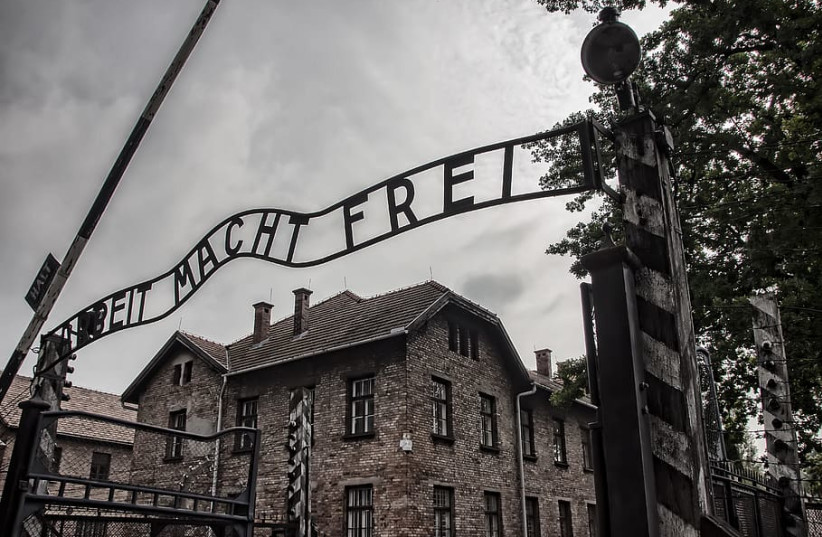“The book of hope,” as she calls it, is a young adult version of her bestselling 2017 memoir, The Choice, which she published at the age of 90, followed by The Gift (2020). What motivated her to write a book for younger readers? “Because they are the ambassadors for peace and goodwill,” Eger said. “I think they are the future. I think it’s very important for us to let them know what they can be – survivors and not victims of anything or anyone at any time.”
Jordan, the son of Eger’s daughter Marianne and her economist husband, Nobel laureate Robert Engle, elaborated: “When Edie was in Auschwitz, she never gave up hope, even when it seemed hopeless. In the very fabric of her being, she never stopped believing that she would survive. We think The Ballerina of Auschwitz is such an important book, not just for young people but for all people. It is a story of the moment of survival. What do you do when you’re at that crossroads, and you have to decide, do I give up or do I keep it strong? Do I keep a vision in my mind of what I want to survive for, who I want to become in the future, knowing that if I stop now, none of that will happen?”
Born in Czechoslovakia, Edie became a member of the Hungarian Olympic gymnastics team and a talented ballet dancer before most of her family was taken to Auschwitz in 1944. It was there that the infamous Dr. Mengele made her dance for him on the same evening that her mother died in the gas chamber, rewarding her with a loaf of bread, which she shared with other girls.
While Edie’s beloved boyfriend Eric was also murdered by the Nazis, she and her sister Magda, a pianist, survived the horrors of Auschwitz. Another sister, Klara, a violinist, also survived, by being hidden by her music teacher. After being liberated by American troops in 1945, Edie married fellow survivor Béla Eger. The couple made their way to the US and started a family. There, Edie befriended famed psychologist Viktor Frankl and later opened her own clinic in La Jolla.
“Auschwitz was a classroom, and I learned to think and change my thinking,” she said. “This is my revenge. I have three children, five grandchildren, and seven great-grandchildren, who are all wonderful.”
Asked about her feelings for Judaism and Israel, she smiled. “I love Israel. I once thought I could live in Israel and teach there,” she said. “We Jews survived so much, and we’re still surviving. I am a very proud Jew, and a very, very proud Jewish woman.”
Regarding her optimistic outlook on life, she said: “We can choose how we live now. You can’t heal what you don’t feel. I can’t change the past, but I can use this moment to make the world a better place. There is a life that I can change, and it’s mine.”

